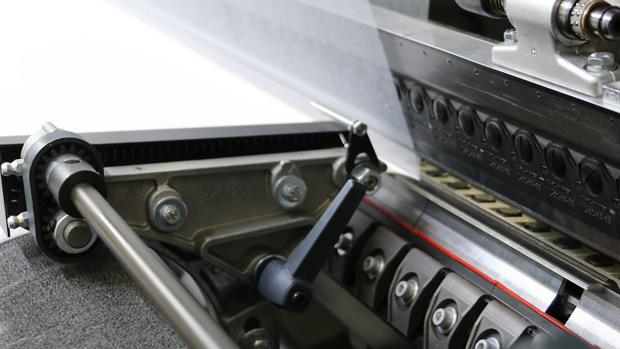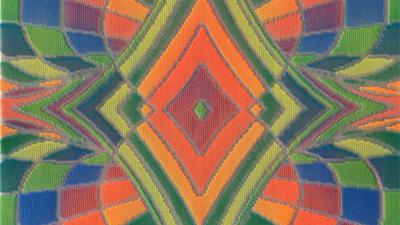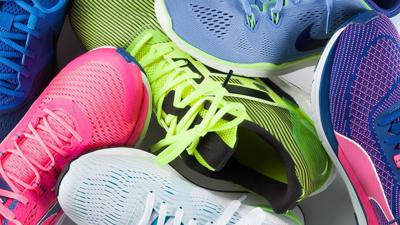
Environmental protection increasingly requires new concepts to meet the demands of consumption and sustainability in equal measure.
With the "Aqua Vision" project, sports brand manufacturer Decathlon has rethought the issue of recycling. The project focused on the development of a sportswear item that can be reused within the clothing sector, i.e. can be kept in circulation, and is also long-lasting.
The challenge was to do this without using elastane in the production process. The filament with high polyurethane (PU) content ensures good fit but causes problems in the recycling process.
Decathlon SE, Villeneuve-d’Ascq/France in collaboration with the Karl Mayer Group, Obertshausen/Germany, and The Lycra Company, Wilmington, DE/USA, has now developed a swimsuit that follows a circular process within textile recycling.
Elasticity
The Lycra Company provided the Lycra T400 EcoMade yarn. The stretch solution consists of 68% sustainable resources, with 50% of the content coming from recycled plastic and 18% from bio-based resources. Instead of using elastane, the Lycra T400 EcoMade fiber, in combination with a smart construction, provides the necessary stretch. The fiber consists of 2 components, each of which shrink differently under heat during finishing. The result of this differential shrinkage is durable elasticity for a long-lasting fit. In addition, the yarn innovation offers another performance feature that is essential for swimwear: Lycra T400 EcoMade fiber is resistant to chlorine for over 500 hours, making it much more durable than conventional variants.
Processing into warp knitted fabrics
When processed into a smooth warp knit, Lycra T400 EcoMade fiber can fully realize its performance potentials. A 2-bar warp knitting machine in gauge E 32 from Karl Mayer was used to produce the textile for the sustainable swimsuit. The textile machinery manufacturer also provided support in the form of its know-how on a technical level.
Sample presentation at ITMA 2023
A swimsuit from Decathlon made with the new fabric has supple elastic properties which can be recycled back into yarns for new apparel through the stages of collection, shredding, melting, pellet production and spinning. An example, recycled from swimwear after its first cycle of use, will be presented by the Karl Mayer Group at ITMA, from June 8-14, 2023, in Milan/Italy. Recycling within the textile sector also ensures independence from other sources of raw materials for reprocessing. However, in textile-to-textile recycling, coloration must be taken into account as early as the design stage.
Lycra, T400 = registered trademarks



